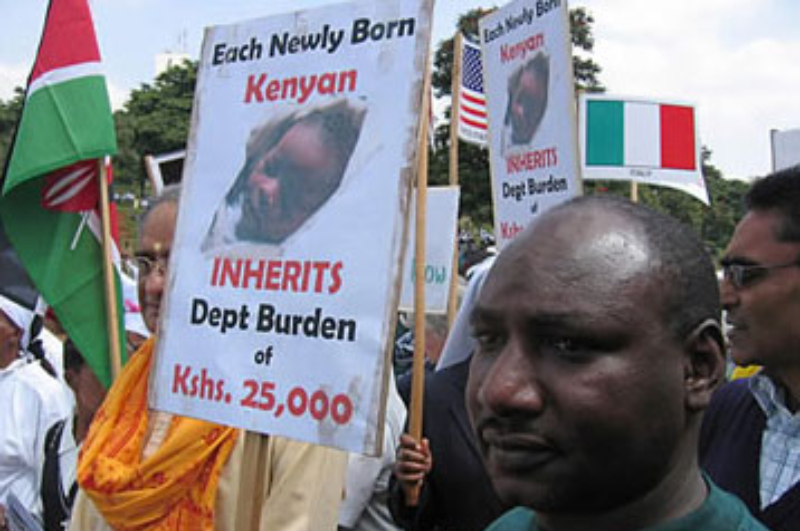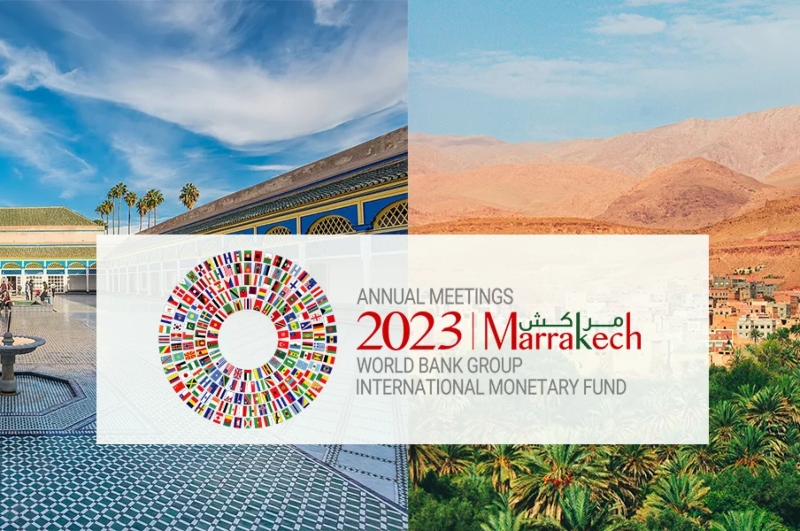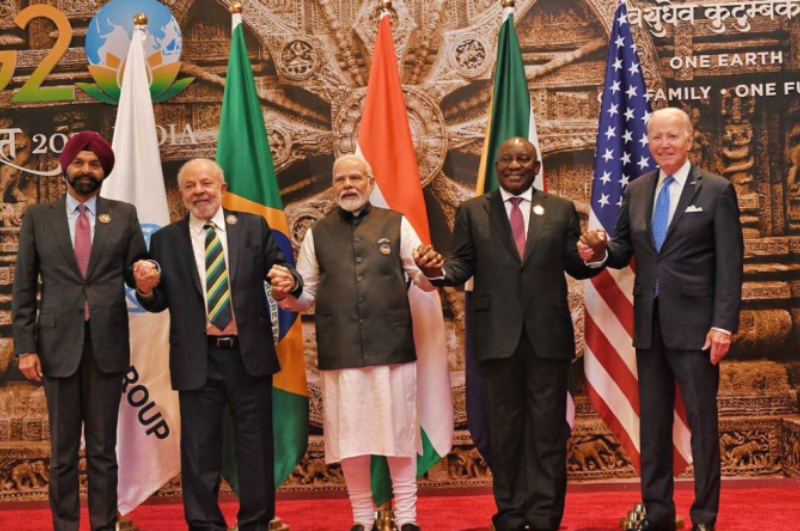

As world leaders convene at the United Nations Headquarters in New York for the eagerly awaited Sustainable Development Goals (SDG) Summit from 18th to 19th September 2023, the global governance landscape has witnessed a transformative change: the African Union's landmark inclusion into the G20.
Founded in 1999, in the wake of the Asian Financial Crisis, the G20 is the pivotal organization for shaping the world economy. On 9 September 2023, for the first time in its history, the G20 officially admitted a new member: the African Union.
This invitation was seriously overdue. Africa is home to 18% of the world’s population. These 1470 million Africans are disproportionately affected by how the world economy is structured. According to the latest FAO report, 77.5% of Africans are “unable to afford a healthy diet” – even while the global average income is 17 times higher than the 3.57 international dollars per person per day that the FAO deems necessary to afford such a diet. A shift in the global income distribution amounting to merely 0.5% of the gross world product would suffice to achieve access to a healthy diet for the 42% of human beings who currently lack such access.
The inclusion of the AU heralds a promising new chapter, coming at a crucial juncture where the sustainable development agenda is at the forefront of global discussions. During the SDG Summit, Heads of State and Government will assess the progress of the 2030 Agenda for Sustainable Development and its 17 Sustainable Development Goals (SDGs). In 2015, the world’s governments announced the Sustainable Development Goals — with principal goals #1: end poverty in all its forms everywhere and #2: end hunger, achieve food security and improved nutrition, and promote sustainable agriculture. Since that announcement, the number of food-insecure people has risen each and every year – by 46% worldwide and by 59% in Africa.
Every child going hungry despite her parents’ best efforts shames us all. The huge incidence of hunger and poverty, their easy avoidability, and their adverse trend in the last eight years is shameful beyond measure.
In this context, a seat and a voice constitute a huge opportunity and responsibility for the African Union. Will the AU rise to this challenge by using its new powers to effectively represent the needs, interests, and voices of Africans? Let us think together about how it can best do so.
As the delegates assemble to reevaluate, strategize, and forge pathways to achieve the SDGs, the AU stands at a vantage point to channel Africa's collective vision and expertise. I would suggest that, as a first step, the AU should, drawing on Africa’s best minds, formulate ideas toward ending the exploitation of Africans through odious debts, kleptocrats, illicit capital outflows, tax avoidance, arms sales, brain drain, patent monopoly rents, uncompensated ecological harms, and inequitable natural resource sales. From such brainstorming, a few key ideas will emerge to be developed into proposals and demands that Africans can unite behind and that the AU can forcefully present at the G21 and other international forums – proposals that are distinctive, memorable, morally compelling, and winnable. I envision the AU becoming a critical discussion forum, a thought leader and unifier on the African continent, and a launch pad for strong global reform ideas of special relevance to Africa.
Many people and organizations have worked hard to open this opportunity for the African Union. Let it result in more than some official trips with nice meals, per diems, and frequent flier miles. Use the momentum of this grand invitation to deliver tangible progress for the people of Africa. Far too long have they been struggling, and waiting in vain, for basic justice!
Thomas Pogge is the Director of the Global Justice Program and Leitner Professor of Philosophy and International Affairs at Yale University
Related Articles
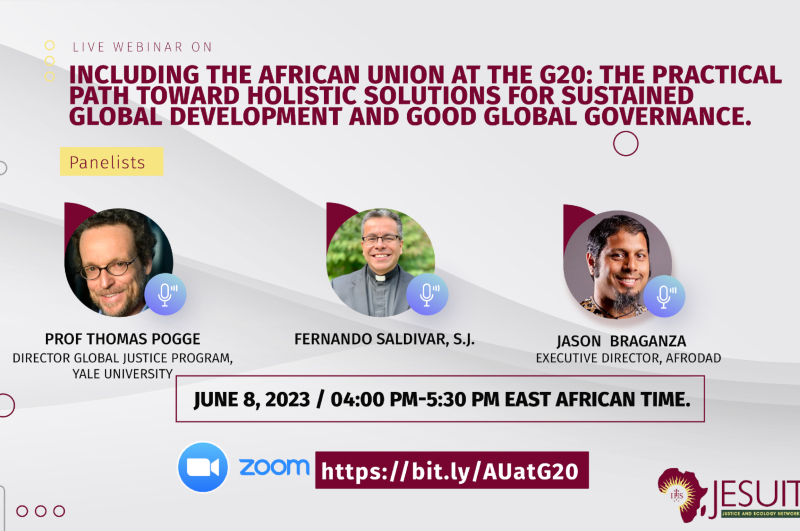
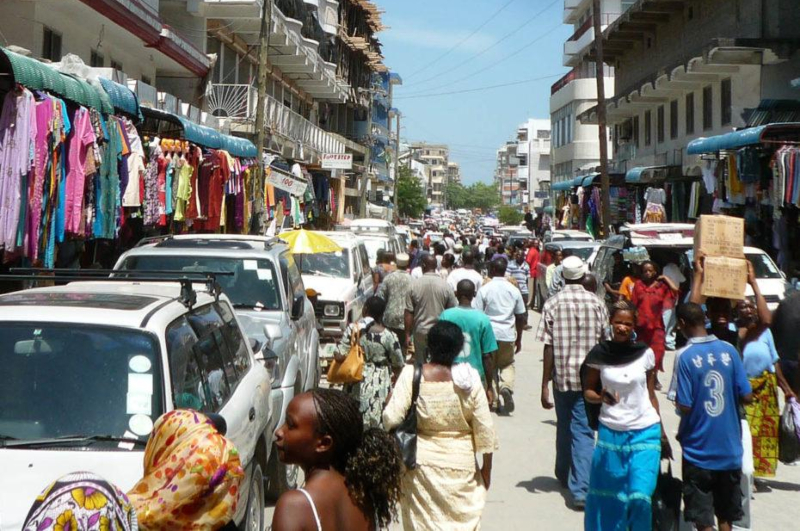
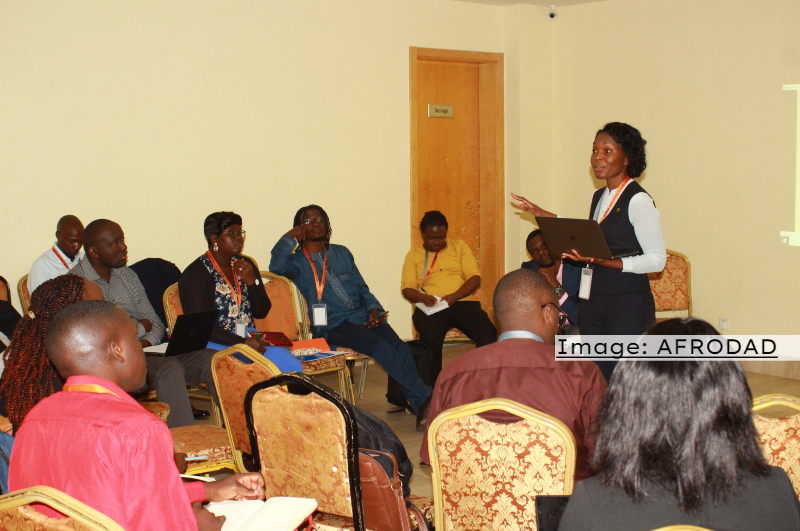
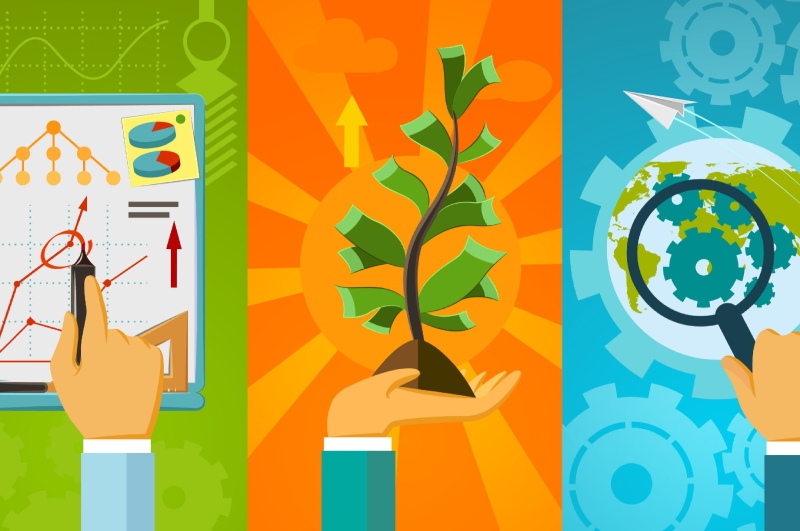
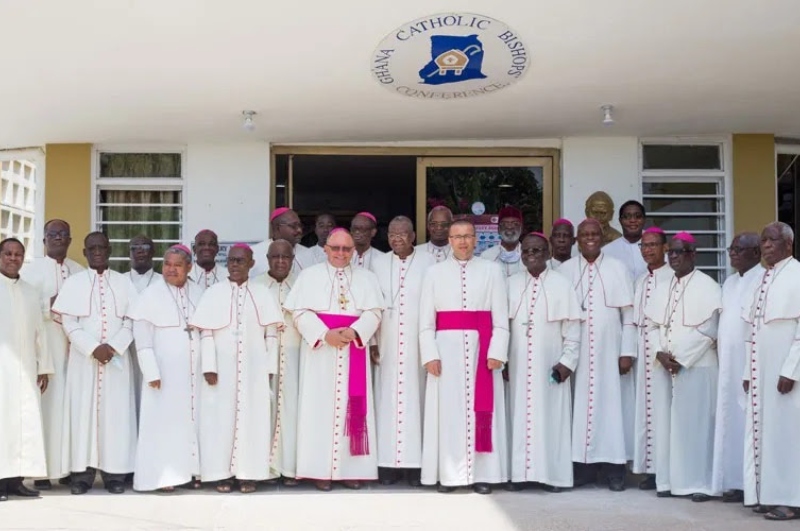
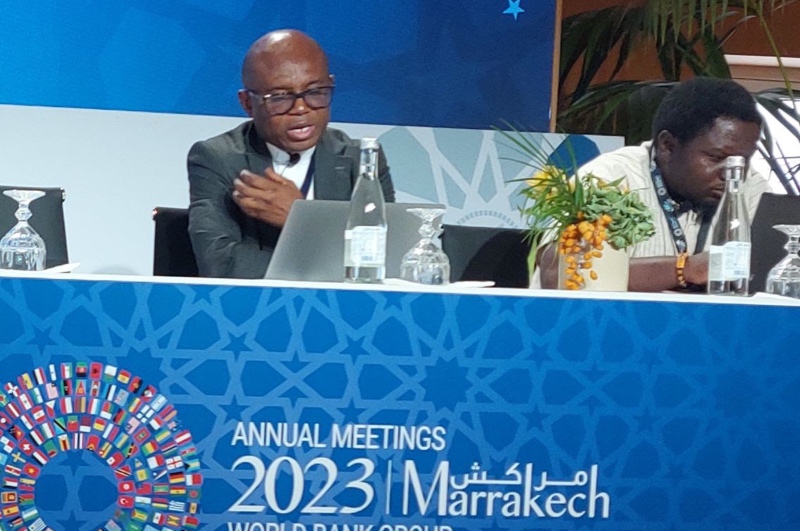
Select Payment Method
Pay by bank transfer
If you wish to make a donation by direct bank transfer please contact Fr Paul Hamill SJ treasurer@jesuits.africa. Fr Paul will get in touch with you about the best method of transfer for you and share account details with you. Donations can be one-off gifts or of any frequency; for example, you might wish to become a regular monthly donor of small amounts; that sort of reliable income can allow for very welcome forward planning in the development of the Society’s works in Africa and Madagascar.
Often it is easier to send a donation to an office within your own country and Fr Paul can advise on how that might be done. In some countries this kind of giving can also be recognised for tax relief and the necessary receipts will be issued.


